Top 15 High Fiber Foods for Kids

- Why Add Fibre to Your Child’s Diet?
- What Is the Daily Recommended Fibre Intake?
- Can You Give Your Kid Too Much Fibre?
- High Fibre-Rich Foods for Children
- How to Add Fibre to Your Kid’s Diet
- FAQs
Fibre is what keeps stomachs running and digestive systems working. If your child is facing bouts of constipation, chances are that she’s running low on fibre. Hydration and fibre, combined together, constitute a healthy digestive system. To battle constipation and bloating, your little sunshine needs fibre-rich foods that regulate bowel movements. Fibre-rich foods for kids ensure that the digestive tract is moving along as it typically should. Keep reading to learn about fibre-rich foods for kids and how you can add them to your child’s diet. Before we get to foods with fibre for kids, let’s learn about the recommended intake.
Why Add Fibre to Your Child’s Diet?
If you’re thinking why bother adding more fibre to your child’s diet, you’d be glad to know that, for starters, it may prevent diabetes since it’s filling. According to the American Academy of Pediatrics, fibre makes the digestive tract work better and treats constipation, which will make life much easier for you since you don’t have to wake up to the cries of your toddler in the middle of the night (1).
What Is the Daily Recommended Fibre Intake?
The National Institute of Diabetes and Digestive and Kidney Diseases recommends that children between 1 and 8 years should consume between 14 and 31 grams of fibre a day. There are plenty of fibre-rich foods in the aisle of your grocery stores that can help meet this requirement, and we’ll discuss them below.
As a rule of thumb, if you’re planning to calculate fibre intake, take your kid’s current age and add 5 grams of fibre to it. That’s their total fibre intake according to their age.
Can You Give Your Kid Too Much Fibre?
Too much of anything good becomes bad, and you’ll quickly realise that adding too much fibre to your kid’s diet will cause pain and bloating and lead to many trips to the bathroom. Technically speaking, fibre is a non-digestible carbohydrate and improves bowel regularity in the human body. Your child may have constipation if she consumes too much fibre and too little water, so make sure she’s staying hydrated throughout the day for enhanced digestion. Pair fibre with glasses of water to make sure that the proteins, vitamins, and minerals present in foods are absorbed properly. Fibre intake should come from different food sources for optimal health and growth.
High Fibre-Rich Foods for Children
Kids are picky eaters, and carefully selecting the right foods for them becomes a chore for many. If you’re scratching your head wondering how to get them to consume the recommended dose of fibre, you’ll be glad to find some foods to stock up on that they’ll happily eat (2) (3) (4).
1. Oatmeal
Mornings and oatmeal go hand-in-hand. One cup of cooked oatmeal gives you up to 4 grams of fibre. Make it your child’s favourite go-to recipe by throwing in some sliced walnuts, cinnamon, maple syrup, and raisins.

2. Apples
An apple a day keeps the doctor away! One apple delivers up to 3.6 grams of fibre, and you can spruce things up by adding some peanut butter on top, which brings another 1.6 grams of fibre. Apple and peanut butter – a combo your kid wouldn’t be able to resist.
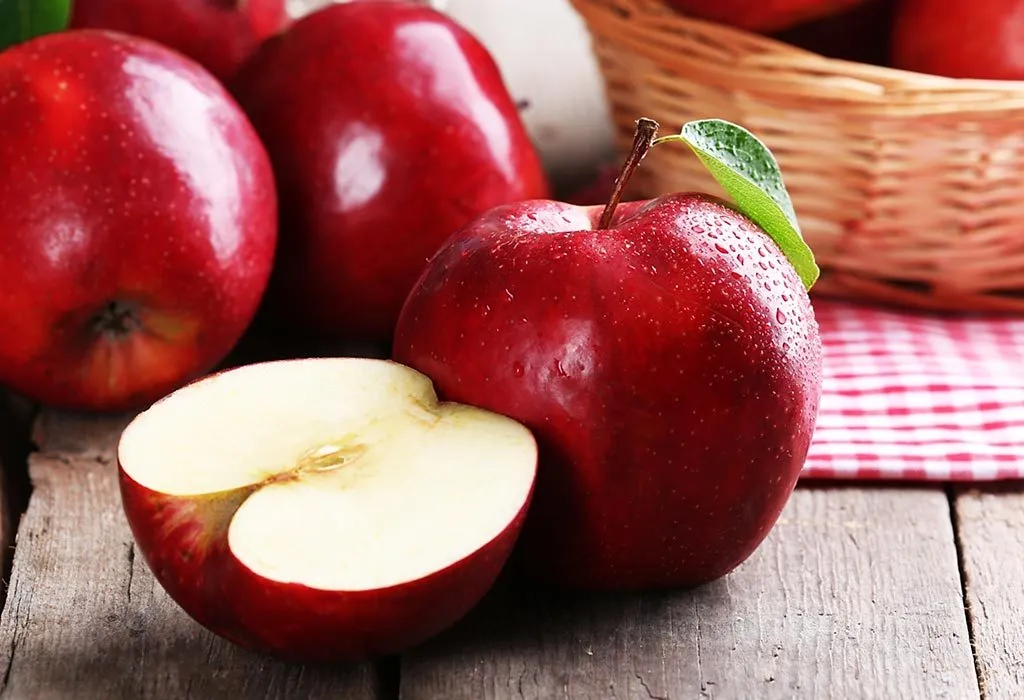
3. Popcorn
Low in calories and super-healthy, three cups of popped popcorn gives you 2 grams of fibre.

4. Bananas
High in potassium and fibre, one medium banana packs 3.1 grams of fibre.
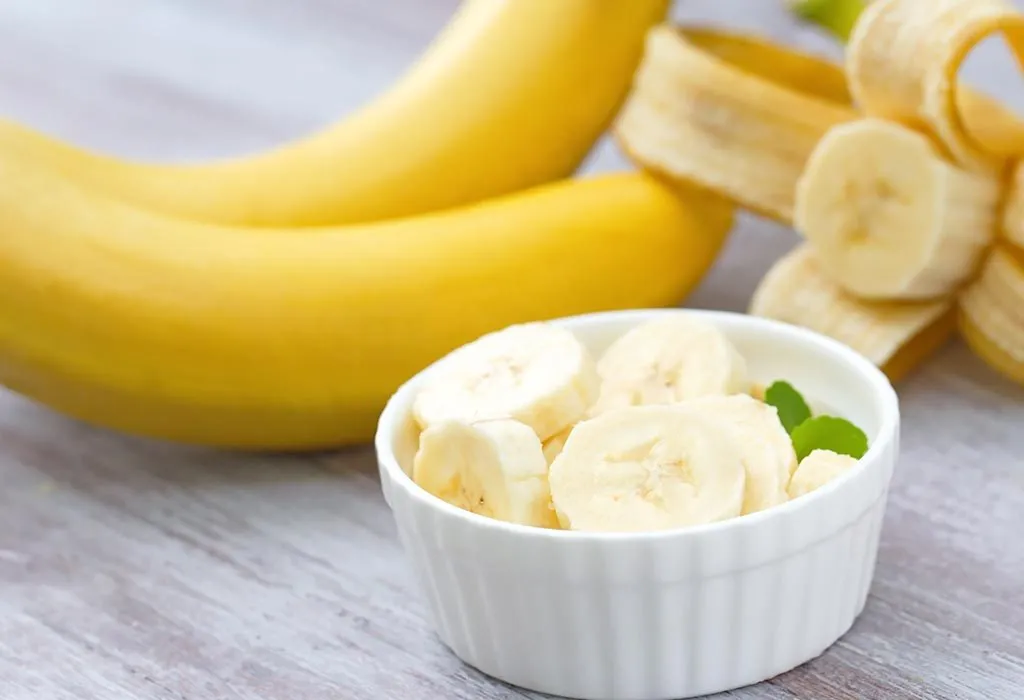
5. Berries
Berries are good for the brain and the stomach. Pack up some blueberries for lunch and throw in a mix of raspberries and strawberries. 1/2 cup of raspberries gives 4 grams of fibre while blueberries and strawberries of the same quantity deliver 1.8 grams and 1.5 grams of fibre, respectively.
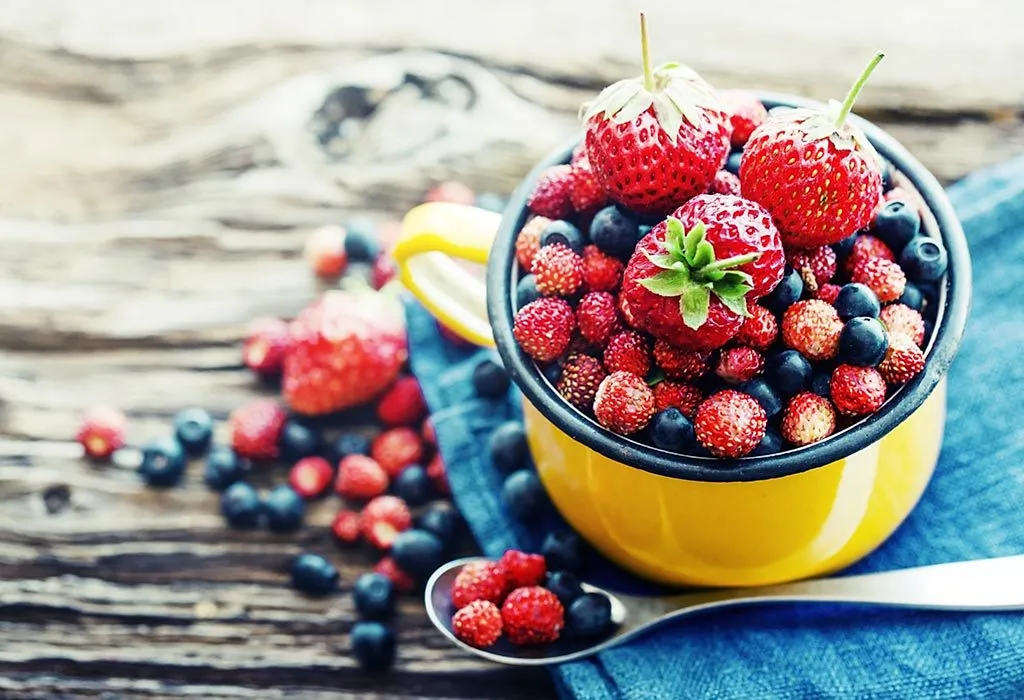
6. Pears
Pears are ideal for fruit bowls and school lunches because they’re super filling. A medium pear (with the skin intact) contains approximately 5.5 grams of fibre.
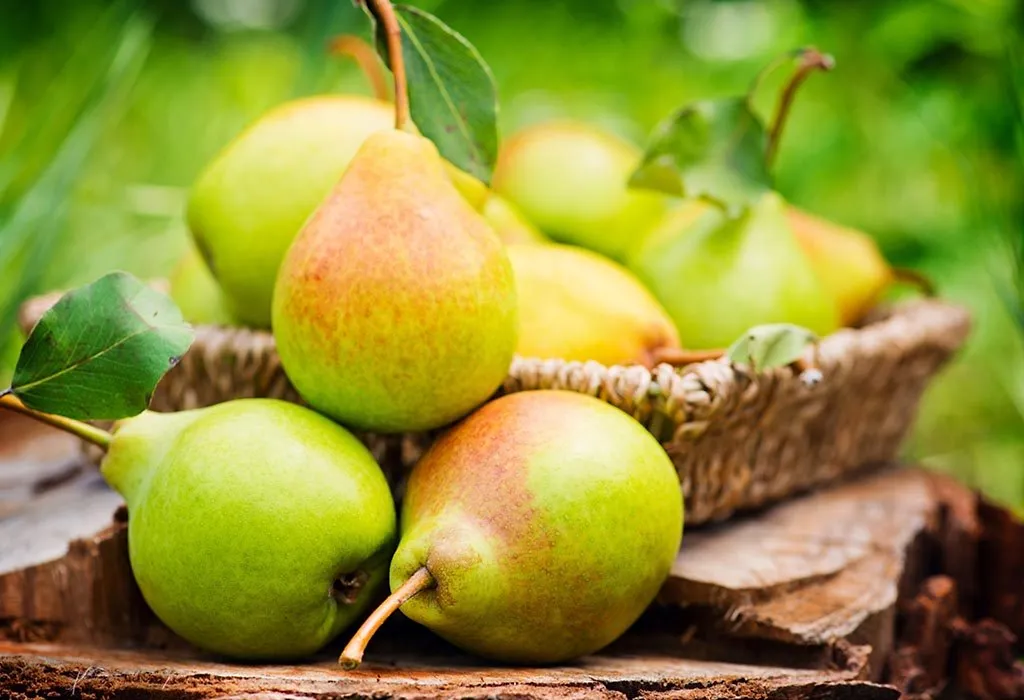
7. Sweet Potatoes
High in protein, fibre, and other heart-healthy nutrients, you get exactly 3.8 grams of fibre in a medium-sized sweet potato. Swap out those greasy french fries with some delicious baked sweet potato fries or mashed sweet potato for a healthy snack.
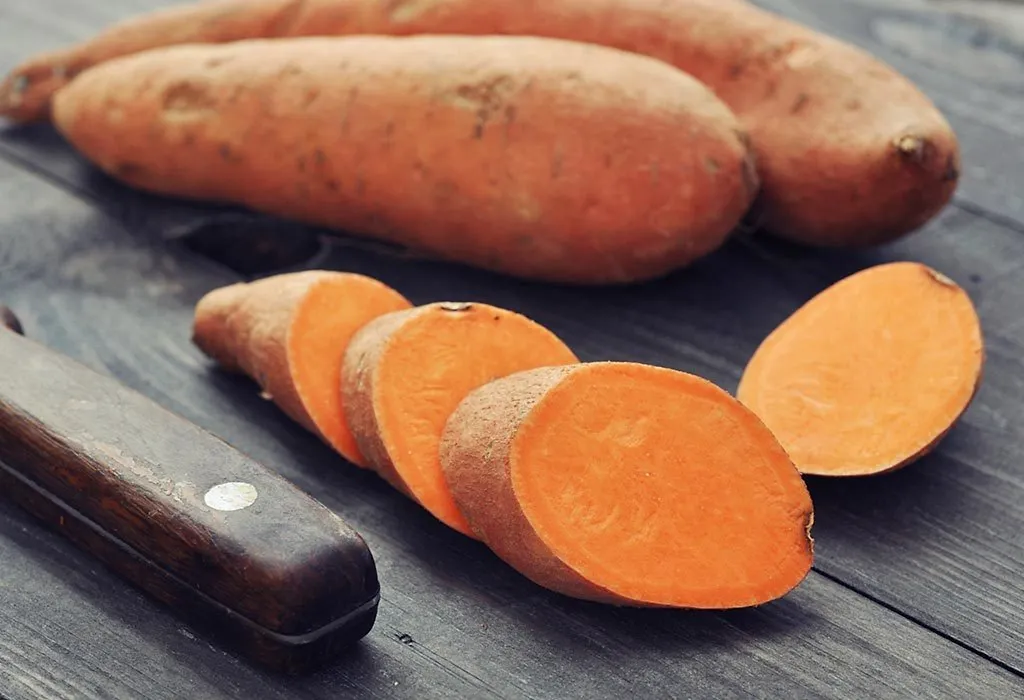
8. Carrots
Packed with vitamin A and fibre, half-a-cup of carrots gives you 2.9 grams of fibre, and you can top it with some cinnamon for scoring some extra brownie points with the kids.
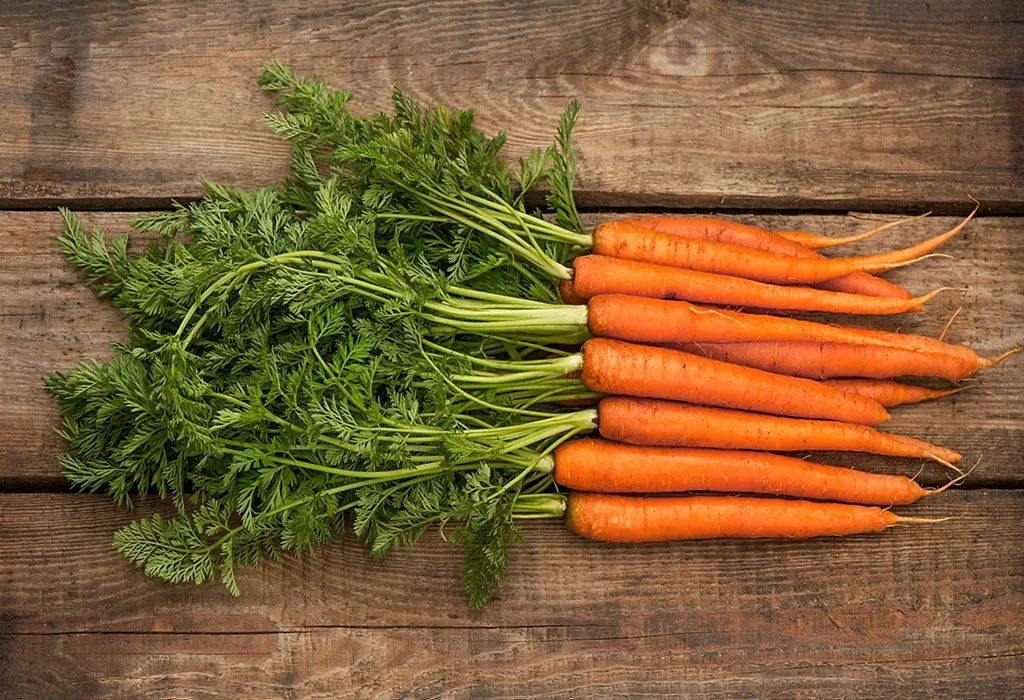
9. Green Peas
Green peas are a good source of protein and fibre. Give your kids 1/2 a cup of cooked green peas daily in their salads and sandwiches to increase their fibre intake by 4.4 grams.
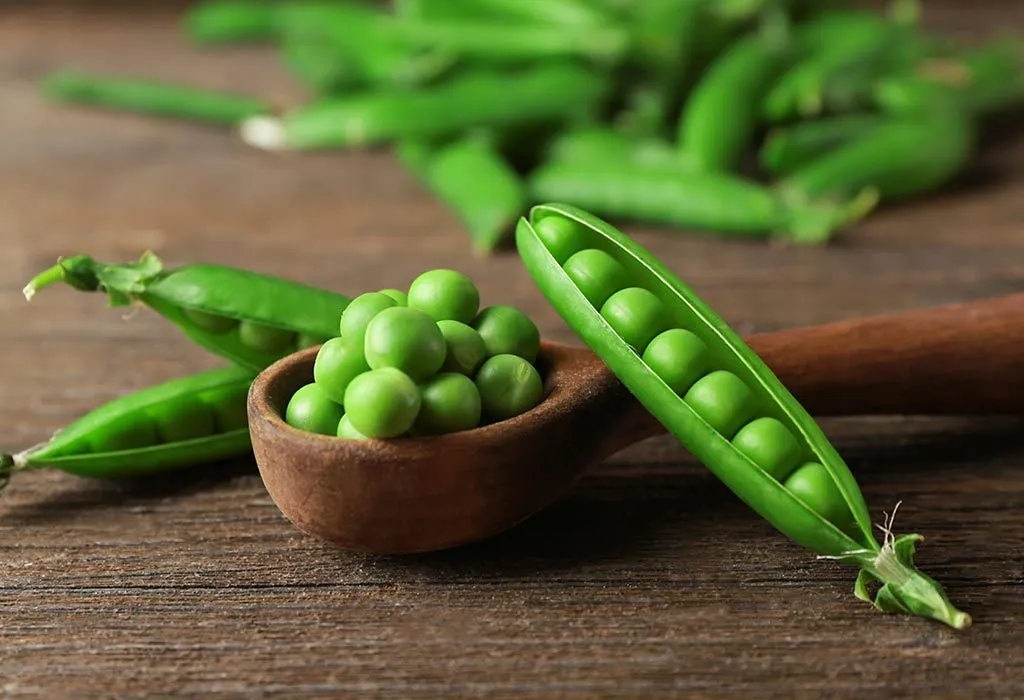
10. Corn
Half a cup of cooked corn delivers up to 1.8 grams of fibre. It is a delicious fibre-rich source that makes for the perfect snack. Fun fact: Corn is good for your eyes too as it contains lutein and zeaxanthin. Good eyesight with a healthy digestive system – isn’t that a win-win?
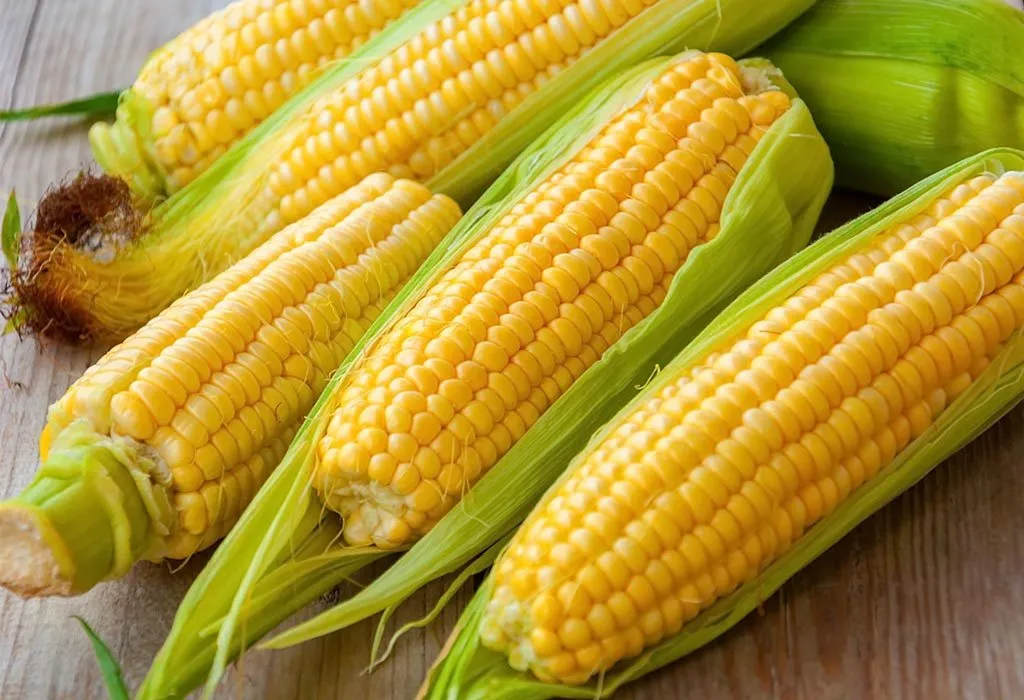
11. Whole-grain Bread
Whole-grain or whole-wheat bread contains an optimal amount of fibre. Lather a good amount of peanut butter and jelly, and your little one is good to go.
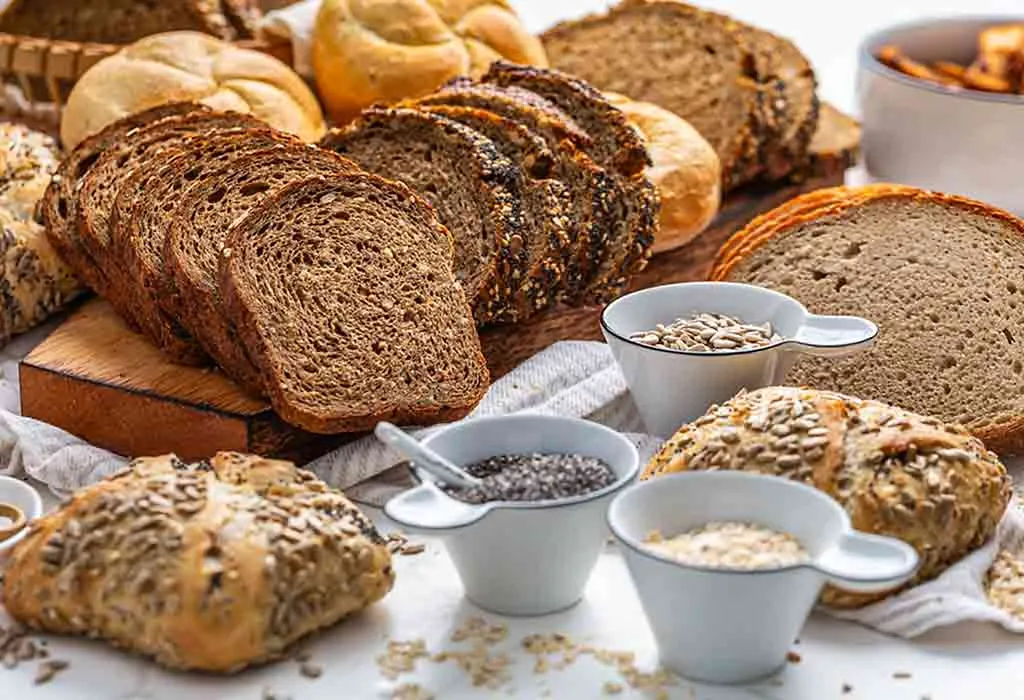
12. Whole-grain Pasta
No stress of constipation or nitpicking food when you make homemade whole-grain macaroni or pasta. Half cup of whole-grain pasta has two grams of fibre.
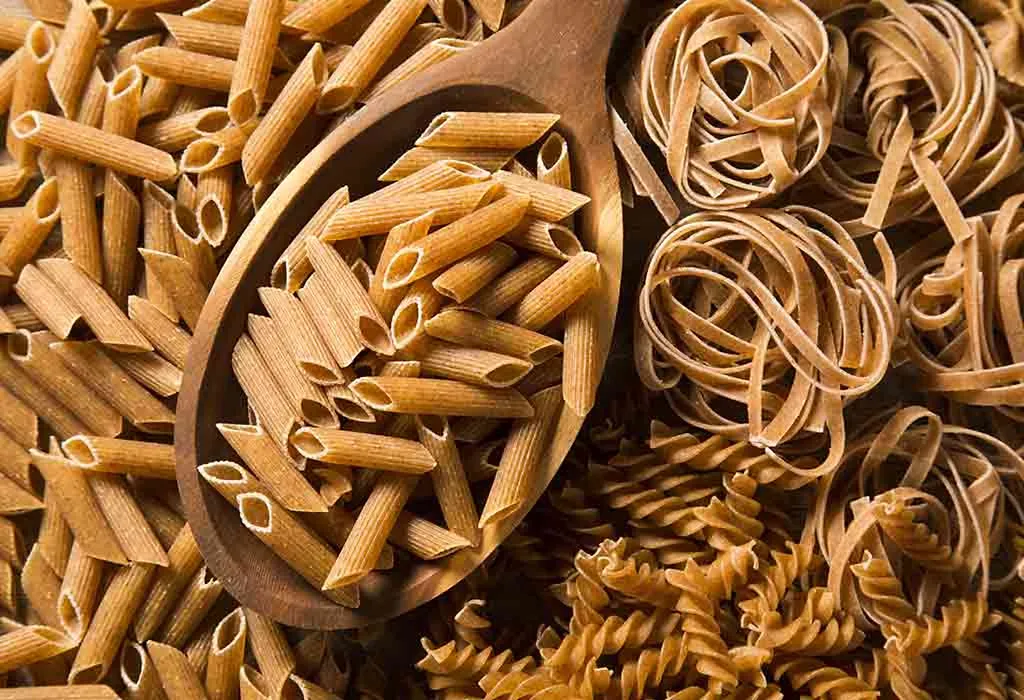
13. Beans (Kidney, Chickpeas, Black, Black-eyed Peas)
One cup or 172 grams of boiled black beans contains 15 grams of fibre (2)! Amazing, isn’t it? Rich in protein and fibre, beans can be transformed into infinite numbers of savoury dishes for children, like bean tacos, grilled bean burgers, baked beans, sauteed beans, and more.
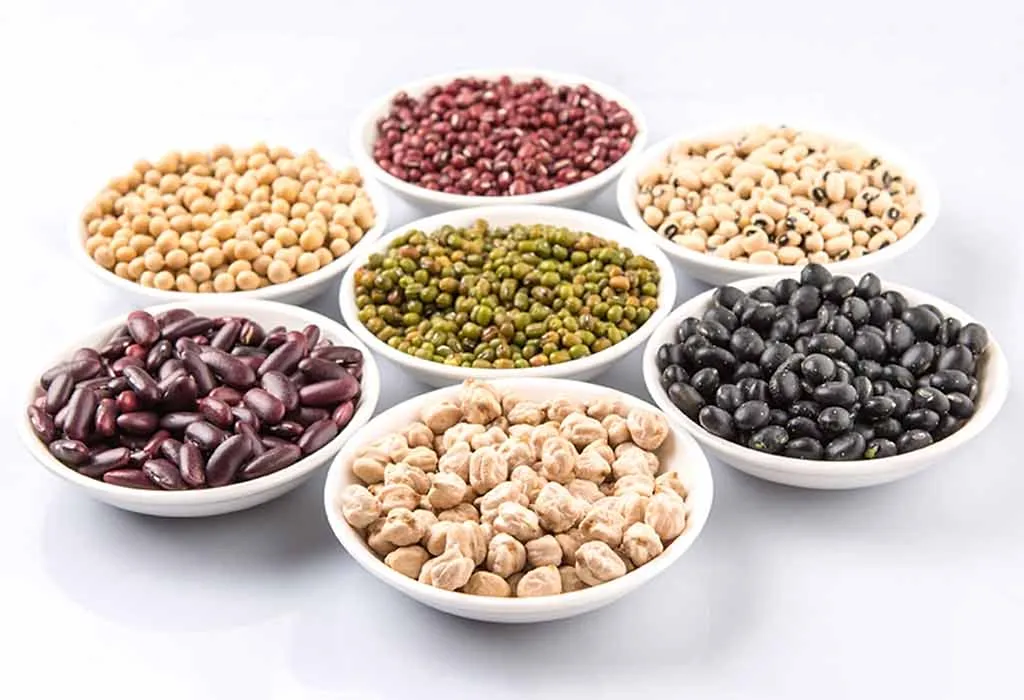
14. Broccoli
Broccoli is an amazing item that can increase the fibre content in your little one’s body. One cup of chopped and boiled broccoli contain 5 grams of fibre.
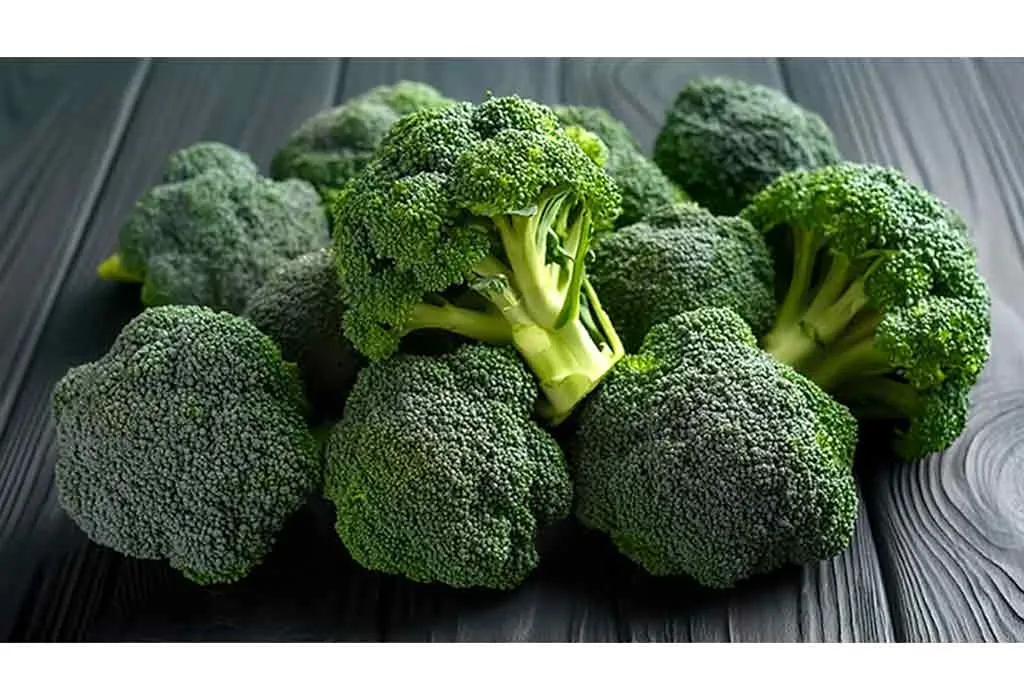
15. Bran Flakes
You’ll be amazed that 3/4 cup of bran flakes, about 30 grams, contain 5.5 grams of fibre! Yes, this works wonders.
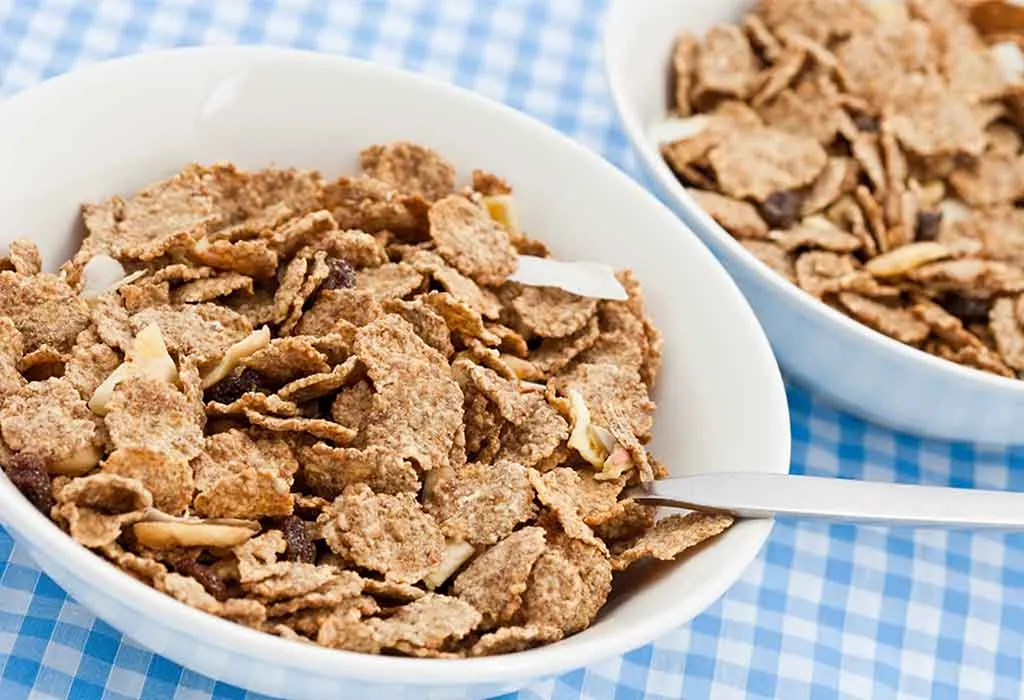
How to Add Fibre to Your Kid’s Diet
If you’re looking for healthy snacks or anything that comes packaged on the aisle of grocery store shelves, it’s always a good idea to check the nutrition label and see how much fibre there is per serving. Other fibre-rich food sources include Brussels sprouts, figs, brown rice, applesauce, oranges, pistachio nuts, and pecans.
Here are some recipes you can try to add fibre to your kid’s diet-
1. Chickpea Salad Wraps
Salads and chickpeas make for a filling fibre combination. Give it a shot and your kids will love this delicious meal option.
2. Lentil Salad
Stock up on black beans, plump cherry tomatoes, salt, vinegar, chopped basil, and garlic. Whip them up together into a salad, and you’ve got one of the best high fibre recipes for toddlers.
3. Kale and Farro Salmon Salad
Farro is loaded with healthy Omega-3, and kale is good for the eyes. Both of them are high sources of fibre, and if your kid’s in the mood for fish and salad, give this a go. Sprinkle with sesame seeds as a garnish.
4. Marinated Tempeh Salad
We’re going gung-ho on salads, we know. Tempeh salads bundled with diced sweet potatoes give kids their full-fibre intake with just half a serving! Sizzling tempeh, piping hot potatoes, and an ocean of veggies surrounding them – doesn’t that make your heart skip a beat?
FAQs
1. Can you consume too much fibre?
Yes, why not! According to a study published in the Journal of Pediatrics, high dietary fibre intake may cause a small decrease in the energy, protein and fat, but this loss may be quite insignificant if the child is taking adequate levels of major nutrients from their diet. So, a moderate intake of dietary fibre is enough to help children than harm them (5).
2. What are some high-fibre recipes?
Baba ghanoush, grilled pineapple, crispy potato skins, sweet and spicy snack mix, chicken and zucchini quesadilla, fruit salsa and sweet chips, cheesy bean toast, banana chia breakfast cookies, carrot oat bars, and oatmeal muffins are some amazing recipes that are sure to be hit among children (6).
3. Should I give fibre supplements to my child?
Fibre supplements can be useful for kids in certain short-term situations, like easing chronic constipation or diarrhoea. However, they shouldn’t be the primary source of fibre, as they lack the additional nutrients found in whole foods. Fibre supplements can help soften stools for easier movement or bulk up loose stools, but they are not a substitute for a balanced diet. Therefore, it is best for kids to receive fibre from their foods rather than supplements or medication. If your paediatrician sees it necessary, they may recommend a supplement for your child for limited use (7).
Keep your kid’s diet healthy, with a lot of variety, and make sure they get their daily dose of fruits and vegetables (with nuts and seeds included). Don’t forget to throw in a bit of carbohydrates and we’re sure they’ll easily meet their daily fibre intake. Try to avoid high-calorie or carbonated beverages since they deliver empty calories and little to no fibre. Fruit and vegetable juices are a healthier and viable option if your kids love drinks.
It’s no magic; you have to eat to get your fibre. Make mealtimes fun for young ones, keep distractions to a minimum, and socialise at the dinner table. When eating becomes fun, you’ll see your kids reaching out for those carrot sticks in no time!
References/Resources:
1. Kids Need Fiber: Here’s Why and How; American Academy of Pediatrics; https://www.healthychildren.org/English/healthy-living/nutrition/Pages/Kids-Need-Fiber-Heres-Why-and-How.aspx
2. Chart of high-fiber foods; Mayo Clinic; https://www.mayoclinic.org/healthy-lifestyle/nutrition-and-healthy-eating/in-depth/high-fiber-foods/art-20050948
3. High Fiber Diet for Children; Michigan Medicine; https://med.umich.edu/1libr/Nutrition/FiberInChildren.pdf
4. High Fiber Foods; UR Medicine; https://www.urmc.rochester.edu/childrens-hospital/nutrition/high-fiber-foods.aspx
5. Williams CL, Bollella M. Is a high-fiber diet safe for children? Pediatrics.; PubMed; https://pubmed.ncbi.nlm.nih.gov/7494673/; November 1995
6. High-fibre recipes; Mayo Clinic; https://www.mayoclinic.org/healthy-lifestyle/recipes/high-fiber-recipes/rcs-20077194
7. Fiber; Nemours KidsHealth; https://kidshealth.org/en/parents/fiber.html
Also Read:
Nutrition for Children
Calcium Foods for Children
Iron Rich Foods for Kids
Brain Development Food for Children
Was This Article Helpful?
Parenting is a huge responsibility, for you as a caregiver, but also for us as a parenting content platform. We understand that and take our responsibility of creating credible content seriously. FirstCry Parenting articles are written and published only after extensive research using factually sound references to deliver quality content that is accurate, validated by experts, and completely reliable. To understand how we go about creating content that is credible, read our editorial policy here.







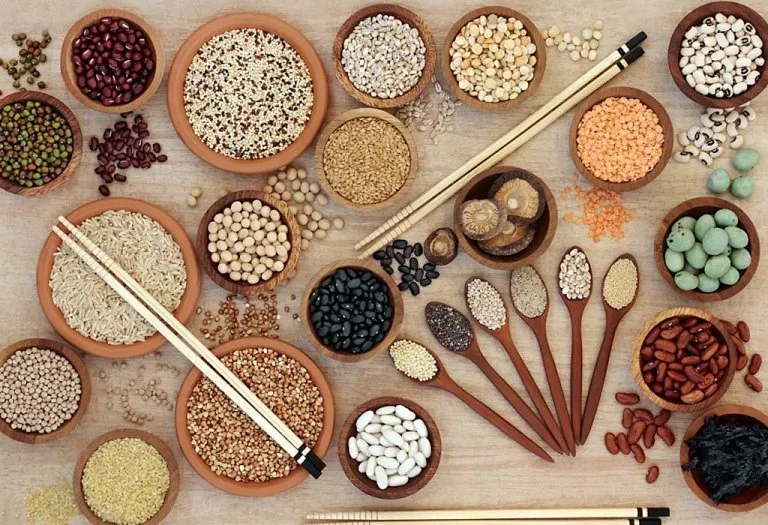
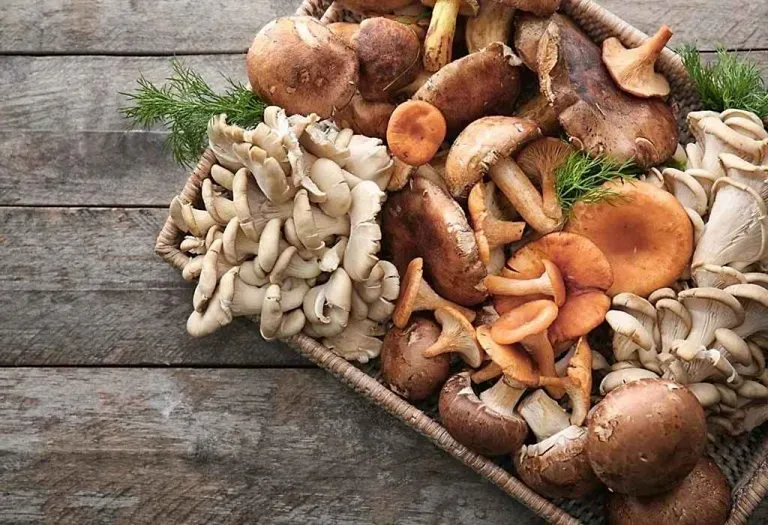
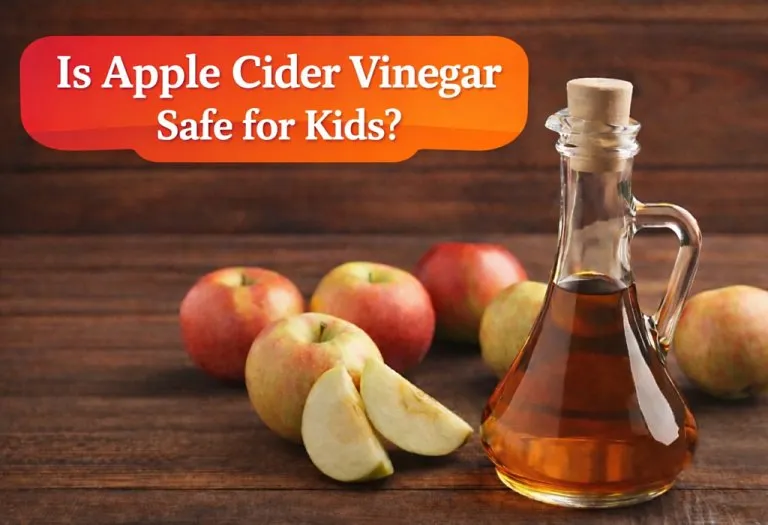
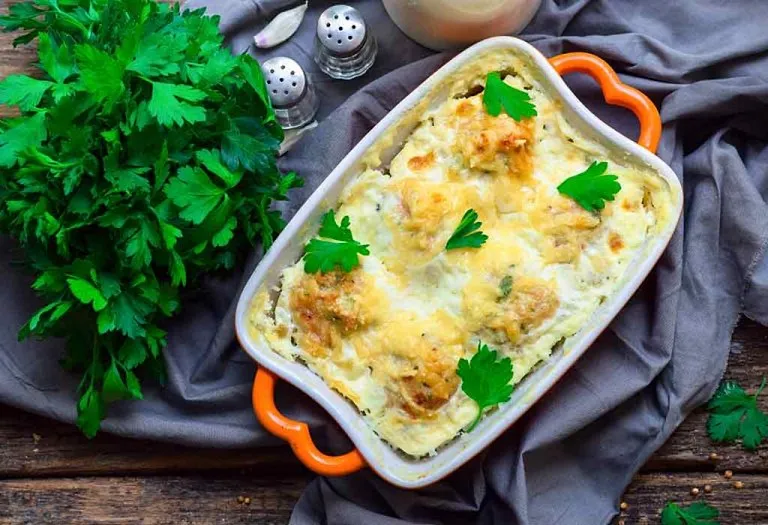
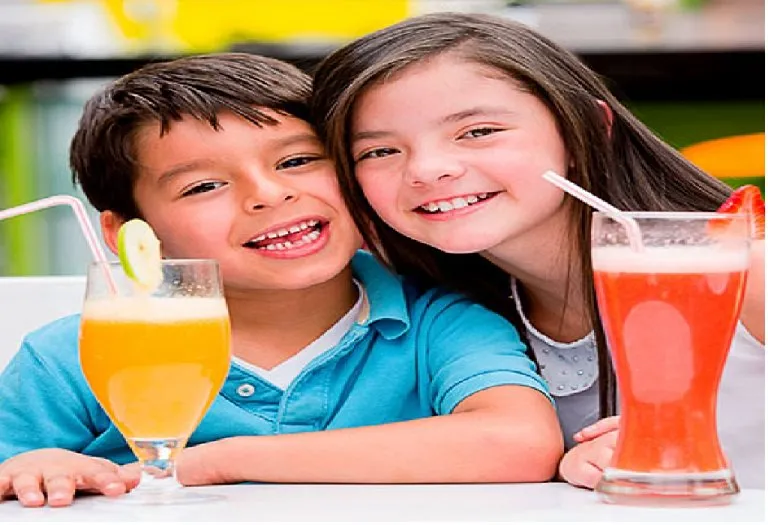
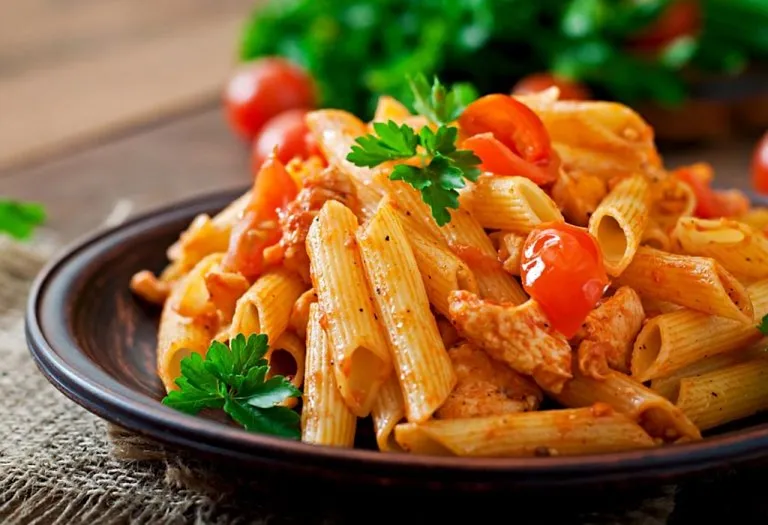


.svg)
















